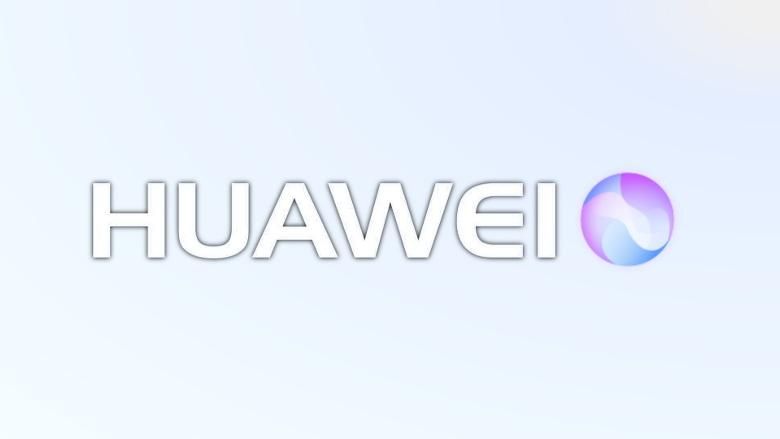Even though Huawei has been marketing-forward on its smartphones’ artificial intelligence and machine learning capabilities, consumers have had to rely on digital assistants from Amazon and Google. The Huawei Mate 9, for example, launched in the US with Alexa pre-installed.
Soon, that could not be the case. It was first reported to Bloomberg and is being detailed by XDA-Developers that the company may brand a new assistant with the name “HiAssistant” and with the term “HiAI.” Both terms are also names of applications sourced from firmware files passed along by FunkyHuawei.club within Chinese Huawei Mate 10 models with EMUI 8.1 on top of Android 8.1.
Please note that this unreleased code should be treated as speculative until the software update is released and features can be confirmed.
Data strings make it clear that HiAssistant is meant to take on the Chinese market with the likes of Alibaba and Tencent forging the market threat there — these apps do not occur in firmware for international units of the P20 or “P20 Plus.” Also, as HiAI relies on the dedicated neural processing unit of the Kirin 970, it will only be on devices from the Mate 10 onward running EMUI 8.1 (Android 8.1).
HiVoice is the main interaction medium between the user and any task on the smartphone. After training the voice model, users can ask HiAssistant to help book a taxi, train tickets, post to Weibo and even some of the more mundane tasks like setting Wi-Fi on. Natural Language Understanding will be a critical tool on the HiAssistant’s belt to sort through accents, informal sentence structuring and idioms while still being expected to carry on with a task.
HiVision represents HiAssistant’s image recognition skills through the camera viewfinder as with Bixby Vision or Google Lens. It will be able to sort subjects into general categories and automatically set shooting modes based on them. It can also take data from codes, documents and more.
It should be noted that even though Samsung, still the top of the world when it comes to smartphone production, is still trying to boost uptake of its Bixby assistant. A recent Strategy Analytics report found that Google and Amazon control 92 percent of the smart speaker market, but the picture on mobile is much less clear. Perhaps Huawei aims to put its own abstraction to the crowded pool.

